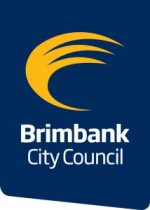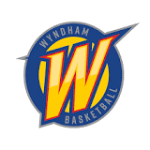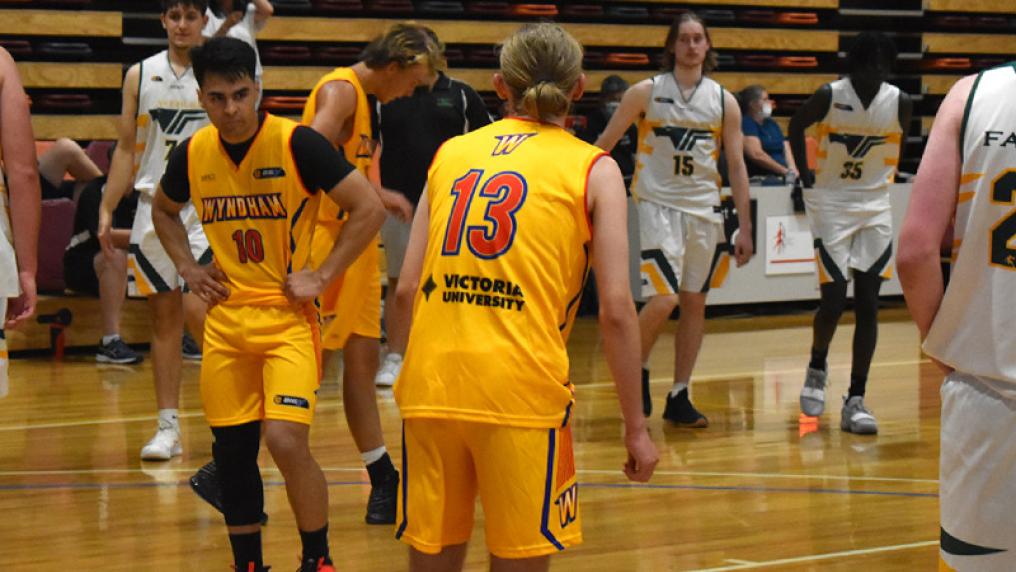Change Makers
The Change Makers program widens community participation of under-represented groups in sport clubs.
About Change Makers
Building on decades of cutting-edge research and education, Change Makers offer a best-practice action research model comprising a series of projects where ‘Change Makers’ (club leaders, volunteers, and administrators) are assisted to transform their sport settings into safe and welcoming spaces for girls, women and non-binary people and for multicultural communities.
The program creates a cooperative and educative community of practice, with Change Makers nominated from sports or community groups. The Change Makers are trained, mentored and supported to design and implement innovative projects that address structural and cultural barriers experienced by girls, women, non-binary people and multicultural communities in sport participation and sports club leadership positions.
Further mentoring and support is provided to the Change Makers and their sport clubs to implement, promote and evaluate their action plans.
The Sport and Social Change Living Lab – led by Professor Ramón Spaaij, Dr Fiona McLachlan, Associate Professor Brent McDonald and Dr Carla Luguetti – have developed the Change Makers program to widen community participation and equity of under-represented groups in sport clubs.
Change Maker projects
In 2020–22, we undertook major projects to address inequalities in sport at the local level:
Journey to 50/50
In 2020, the research team commenced a collaboration with Football Victoria (FV) and local football clubs to achieve the ambitious target of 50/50 female participation across all areas of football by 2027. The Victoria state government: Office for Women in Sport and Recreation, Change our Game grant generously funded the program to be offered free for the ‘first 50’ clubs.
The design and implementation by the team and FV was completed between August 2020 to August 2021. The team designed four football-specific workshops to empower the Change Makers to effect change in their clubs to increase participation for women:
- Inclusive climates
- Measuring climates
- Designing for equity
- Communicating action plans
The project has improved opportunities and experiences for girls and women and the evaluation process has provided further insights into the conditions and activities needed for gender equality in community-based sport.
Four cohorts were planned to complete the program with two starting in 2020 and a further cohort starting in 2021 and in 2022. The Covid-19 lockdowns presented significant challenges for some Change Makers from the first two cohorts and their clubs to complete the entire project; however, 38 clubs made progress for transforming the club in this difficult context.
Collaborators

Empowering sports to enhance social inclusion for migrants & refugees
In 2020 to 2022, the team undertook a 2.5-year project to enhance the representation of migrants and refugees in local sports clubs in Melbourne’s west, including in volunteering and positions of leadership.
The project was funded by a $330,000 Australian Government Department of Health and Aged Care Driving Social Inclusion through Sport and Physical Activity grant to address the low rate of club-based sport participation amongst the diverse migrant and refugee communities in Melbourne’s west.
Melbourne’s west is one of the most culturally and linguistically diverse regions in Australia, with an estimated 46 per cent of people with English as a second language. This is linked to a low-rate of sport participation in the region, especially in Brimbank, which has amongst the lowest rates of club-based sport participation in the country and has the lowest number of sport facilities, playing fields and courts in Victoria.
Collaborators
The project was a collaboration with Brimbank City Council, Welcoming Australia, Volunteer West and the Wyndham Basketball Association to identify 60 volunteer Change Makers to transform their sporting clubs to be more inclusive of migrants and refugees.
Scholarships were offered to Change Makers from low SES backgrounds or who are primary carers.





